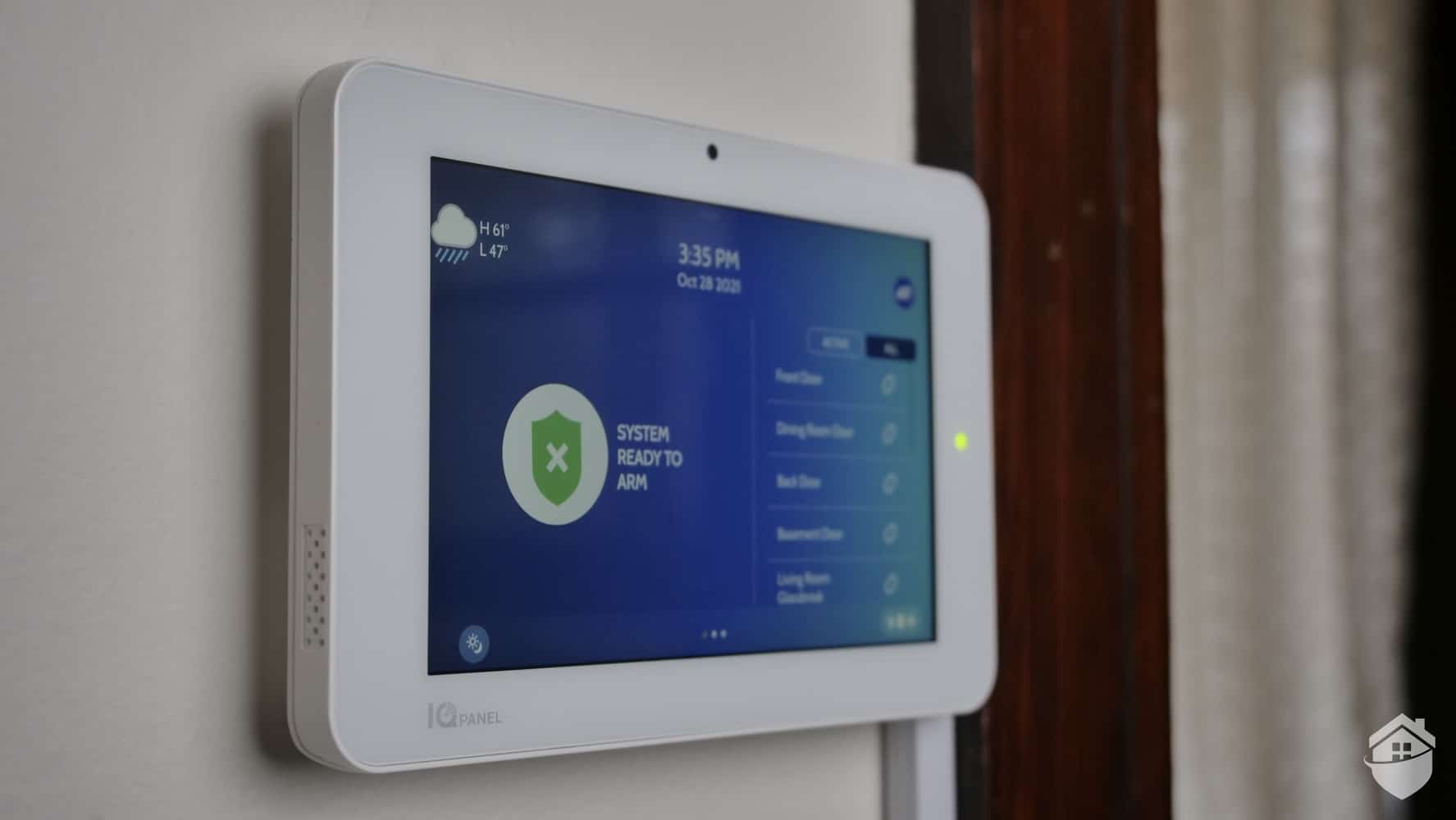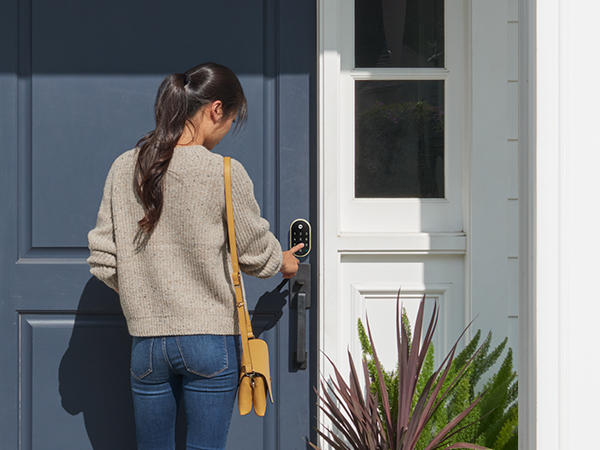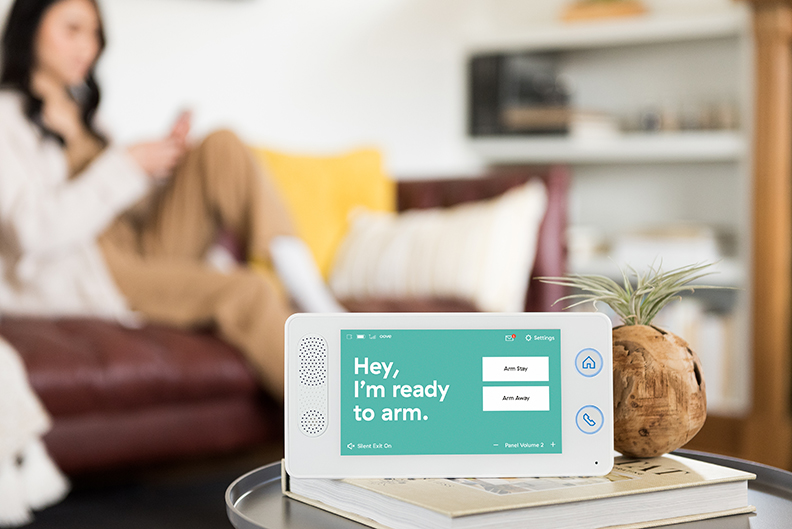
There are many reasons why you should purchase a self monitoring home security system. They are easy-to-install and to use. They are also affordable and reliable. There are also numerous budget-friendly systems available, including the Kangaroo and Wyze. Cove Home Security is a good choice for those on a budget, though it has a limited subscription model and no app access.
Canary's 1080p HD security camera system is easy to install
Canary 1080p High Definition Security Camera System is a good choice for homeowners who aren’t sure where to begin when it comes installing a security cam. It's flexible and WiFi enabled. It also produces fair-to-good video quality. However, it isn't the easiest security camera system to install. There are some issues with it, including a high equipment cost and difficulty pairing with a Wi-Fi network.
Canary's HD 1080p security cameras are easy to install. Canary's All-in-One home security device features a 1080p HD cam, built-in siren and arming/disarming capabilities. If you suspect a burglary, break-in or other crime, the Canary app allows you to send a message directly to authorities. You can use the Canary app to view live, track events, and access an options menu. It also monitors the air quality, temperature, as well as humidity.

Abode's self-monitoring system is simple to use
Abode's self monitoring home security system is easy-to-use and install. The system includes an Abode Gateway and Ethernet cable as well as security sensors that are attached to the entry points of your house. The Abode gateway also comes with battery back-up power, so it can be used even in a power cut. Abode customer service can be reached via email, phone, or live chat to answer any questions.
Abode's self monitoring home security system works with many smart homes and allows you remote access to your home through the app. You can choose between the free Basic plan and the $8 monthly Connect plan, which includes cellular backup and an alarm signal sent directly to your phone. Apple HomeKit is a popular smart home platform that can be used with the Abode security system.
Ring's self-monitoring system is compatible with Apple HomeKit
Ring's self-monitored home security system is a great option if you are looking for an Apple HomeKit interface. It's affordable and easy-to-install. A loud alarm will sound when there is an intruder nearby. It has cellular connectivity and a battery backup. The Ring system can also be used with selected smart outlets and smart locks, as well Amazon's Alexa.
Ring's service plans do not require you to sign an annual contract. You can monitor the system yourself for no charge and pay only if you would like to receive live alerts. A subscription plan starts at $3 per calendar month. It includes features like video storage and enhanced detection. Ring also offers Pro Plans for $20 per Month, which offer professional monitoring.

Scout's self-monitoring system lacks cellular connectivity
Scout is a self monitoring system that includes an app to control the sensors and cameras. The app allows you to monitor your home while you are away. The system's cellular connectivity is a limitation. It's not easy to use. It can sometimes crash.
Scout's self-monitoring systems are affordable when purchased separately. However, users must consider extra costs for cellular connectivity as well as building systems. The indoor camera is $9.99 per user per month, and the cloud storage will cost $2.99 per user per month.
FAQ
What is the best system for home surveillance?
If you want to protect your family from intruders, then you should consider buying a home security system with cameras. These systems are simple to use and offer great benefits for homeowners as well as renters. These systems allow you to remotely monitor your property using your smartphone, tablet or computer.
Do I really need a home alarm system?
If you own a home, you definitely need a home security system. A burglar could break into your houseat any time without warning. They will take everything they want, even expensive jewelry. They can even take everything if your doors are unlocked.
A home security system helps protect your home by alerting you whenever something happens. This includes motion detection, sending alerts via your mobile device, recording activity and allowing you access to the footage.
A simple DIY camera can be used if you don't want to spend money on a security system. These devices let you see who's at the front door and send you notifications when they enter or exit. These devices will not help stop intruders entering your home.
What are the differences between home security systems?
You need to assess the level of threat in your community. For example, if there's a lot of crime in your neighborhood, then you might want an alarm that will sound when someone enters your property. If you live in a rural area where there aren't many burglaries, then you may not need as much security.
You also need to consider whether or not you're willing pay more for these extra features. Some systems have cameras built in while others do not. Some systems let users remotely monitor their homes, while others require them to be physically present in order for you to see the footage.
Can I do it myself?
Yes! If you are competent and have the right knowledge, you can install your own home alarm. If you are not confident in installing it yourself, you can hire an expert to assist you.
What is the difference of surveillance and security camera?
Surveillance cameras may be used to monitor, but security cameras can also be used to protect.
Both types have their strengths and weaknesses. Their main differences are the types of images they capture. Surveillance cameras record video with slow motion so that you can view what's happening right now. Security cameras, on the other hand, only record still images and video, which can be viewed later.
Statistics
- (In my experience, the discount on my home insurance covered about 25 percent of the subscription of an average plan, but your mileage may vary depending on your location and the size of your home.) (theverge.com)
- Cove sets you free without punishing penalties and fees, unlike other security solutions that charge 75% to 100% of your remaining contract. (safewise.com)
- Most home security companies will charge you around 75% of the remaining term of your contract if you cancel early—and some require 100%.Related questionsWhat type of contract length can I expect from security providers?Home security system cancellation (safewise.com)
- Most home security companies will charge you around 75% of the remaining term of your contract if you cancel early—and some require 100%.Related questionsWhat type of contract length can I expect from security providers?Home security system cancellation (safewise.com)
External Links
How To
How to Install a Home Security System
A home alarm system is a device which monitors your home and alerts when there's an activity. It could be a motion detector, doorbell camera or smoke detector. A home security system usually consists of one or more sensors (e.g., motion detectors), which send signals when they detect movement or sound. The signals are then sent over to a control box where they are monitored and recorded. The control panel will send an alert to your smartphone, tablet, computer or voice assistant if there is a problem, such as someone breaking into your home. You will immediately be notified and can take appropriate action.
You must first choose the right kind of sensors for you home in order to install a home alarm system. There are two main types of sensors: passive and active. Passive sensors don't require batteries; they just pick up sounds and vibrations from their surroundings. These sensors include sirens, buzzers, and doorbells. Active sensors transmit data by using electricity. These sensors include motion sensors and cameras.
There are many sensors brands today. Each brand has their own pros and cons. Some sensors are weatherproof and others aren't. Some of them have built in speakers so that you can still hear them from outside. Others only work inside. Some are simple, while others offer advanced features such as night vision.
After you have decided on the best sensors for your property's needs, you will need to choose a manufacturer. This will help ensure that your sensors work well together. Your local hardware store should have plenty of options to choose from.
Once you've chosen a brand of sensors, you'll need to decide how many you want to buy. Depending on whether they live with family members or alone, most people purchase one or two sensors. If you are planning to add sensors later on, you may consider purchasing additional sensors.
Next, consider where you want to put your sensors. Are they near windows or doors? Do you prefer to keep them away? Before you place them on your property, make sure that you have permission. It is important to ensure they do not interfere with electrical outlets.
You now know where to place your sensors. Now you need a way for them to be connected to your control panel. Depending on your setup you might need to buy a power adapter and/or battery pack. Once you have everything set up, you'll be ready to monitor your property!